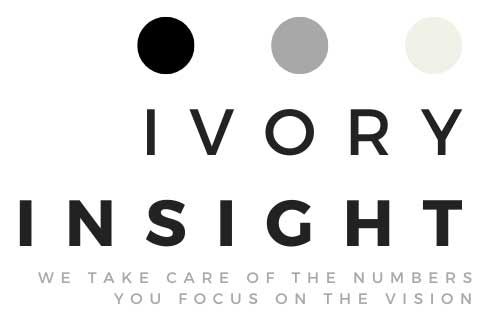The Ultimate Guide to Tax Deductible Business Gifts, Parties & Employee Perks
DA
Gifting Through Your Limited Company: What’s Tax Deductible?
Business gifts and staff treats are a great way to build relationships and show appreciation, but when it comes to HMRC rules, the tax treatment can be tricky. Here’s what you need to know about what’s tax deductible, when you can claim VAT and how the annual staff party fits in.
Business Gifts to Clients and Suppliers
Most gifts to clients or suppliers are treated by HMRC as business entertaining, meaning you cannot claim corporation tax relief or reclaim VAT on them.
There are two main exceptions where the cost of a gift can be tax deductible:
Free samples of your products, provided as part of your usual business.
Branded gifts featuring a clear advertisement for your business, costing less than £50, which are not food, drink, tobacco, or exchangeable vouchers.
Outside of these exceptions, you can still give gifts, but they won’t reduce your tax bill or VAT liability. Keep clear records of who received the gift to show HMRC that it wasn’t for personal use.

Employee Gifts – Trivial Benefit Rules
HMRC allows small gifts to employees (including directors) to be tax and NIC free under the Trivial Benefit rules, but only if all the conditions are met:
- The gift costs £50 or less (including VAT) – if it’s £51, the whole amount is taxable.
- It’s not cash or a cash voucher.
- It’s not provided as a reward for work or part of a contract.
- It’s not given regularly (e.g., every week).
- The company pays for the gift directly (no reimbursements).
- Directors of “close companies” (five or fewer shareholders) are also limited to £300 worth of trivial benefits per payroll tax year.
Important VAT Note: Although trivial benefits are allowable for corporation tax purposes, VAT on these gifts is not recoverable because HMRC classifies them as personal consumption, not costs incurred wholly and exclusively for business purposes.

Annual Staff Party & Events
HMRC offers a £150 per head exemption for annual staff events like Christmas parties or summer outings, as long as the event is open to all employees and the total cost per attendee (including VAT) stays under £150.
If you host multiple annual events in the same tax year, the combined cost per person must not exceed £150. Exceeding the limit even by £1 invalidates the exemption, meaning the entire cost per person becomes a taxable benefit in kind.
VAT can be reclaimed on the employee portion of these costs, but not on amounts relating to guests or partners so you may need to apportion the VAT.

Birthday Lunches and Similar Treats
Birthday lunches or small staff meals usually fall under the trivial benefits exemption, provided the cost per employee is £50 or less (including VAT) and the other criteria is met:
- Non-cash or non-cash voucher.
- Not performance-linked or contractual.
- Not part of a regular series.
- Paid directly by the company.
These are not counted toward the £150 annual party limit and are exempt from tax and National Insurance.
Trivial benefits like birthday lunches are private in nature, even though they’re tax exempt so VAT cannot be reclaimed on them.
Final Thoughts
These HMRC rules are designed to help businesses give gifts and organise events without unexpected tax bills, as long as you stay within the limits. You can, of course, spend more than these allowances, but you’ll likely face extra tax or National Insurance. Keeping good records (invoices, attendee lists and reasons for gifts) will help you stay compliant.

This blog is here to give you an overview, but it’s not personalised financial advice. If you’re unsure about your own accounts or deadlines, we’d love to chat and help you figure out the best approach for your business.
